Finding joy in the complexity my first-gen immigrant journey with food
by Michelle Kao of Gan Bei Gals
This is AAAFF Voices, where diverse filmmakers and community leaders share their unique perspectives about film, culture, and the touchstones that shaped their personal experiences.
It’s hard to imagine what my life would look like without my food obsession. A majority of my time is spent cooking, eating and daydreaming about the days when I’ll get to congregate with friends and family over a shared meal. I’d go so far to say that food is my personal low-cost therapy. Perfecting my chiffonade allows me to breathe easy and stay present.
Food is also how I reach outside myself—it’s how I relate to those who look like me and share myself with those who don’t. I can’t pinpoint a singular moment when my relationship with food deepened, but perhaps it happened somewhere in between the ASMR of pork ribs sizzling in a hot pan or freshly washed bok choy splashing into garlic oil. So much of my identity is tied to food.
Food gives me a sense of security and familiarity. But my relationship to food hasn’t always been grounding, and I think many Asian Americans can relate to a certain level of cultural tension. Growing up as a first-gen immigrant, moments of my tension, eventual understanding, and relief can be mapped on to the visual story-telling in Lee Isaac Chung’s latest autobiographical film, Minari.
Minari follows a Korean immigrant family’s efforts to put down roots in American soil. The film’s wide-angle shots of rural Arkansas to intimate close-ups of the family’s struggles paint a picture of idyllic American promise. Minari maintains a somber, low-vibrational tension, punctuated by poignant exchanges between a plucky, young David and his sharp, profanity-using grandma, Soonja. David starts off as a starry-eyed child eager for a smooth assimilation into American culture, and barely aware of his Asian American identity. The younger version of me was not dissimilar, always hiding my lu rou fan in the school lunchroom and reaching instead for a packaged Yoplait.
Initially David too finds ease in foods he doesn’t have to explain to his classmates. He discovers, and falls in love with, a neon lime-green “water from the Mountains'', known more commonly as Mountain Dew. Directly contrasting this American fridge staple is the medicinal soup that Soonja brings from Korea to help soothe David’s limiting congenital heart murmur. The soup is strange and muddy. On screen, we see it passing through generations, from his grandmother’s hands to his mother’s stove for preparation, and then to David for consumption. As David’s nose wrinkles in distaste for this alternative medicine, mine follows in empathy as I remember the ginseng and goji berry chicken soup that my mom would prepare using ingredients sourced from my grandma’s suitcase.
At David’s age, I so badly wanted Campbell’s chicken noodle soup to cure my colds instead. When David complains that his grandma “smells like Korea” and demands to know why she doesn’t bake cookies like real grandmas do, I stifle guilty chuckles, remembering the scent of a-mah’s old clothes, mothballs and the wet market offerings of southern Taiwan.
I reflect on my own journey with food, the joy and complexity, as David grows, not into the all-American boy he longed to be, but into a self that doesn’t deny any part of his identity. In one of Minari’s most touching moments, he even overcomes his heart condition and runs to the creek to help his grandma plant minari, a resilient parsley-like herb native to East Asia. It's as if David’s willingness to connect to his culture gives him the strength to push his boundaries. He’s found himself in the minari grove—healthy, happy and finally cultivating his own relationship to his culture.
Gan Bei Gals is a celebration of shared cultural experiences told through food and art. We are comprised of three women who grew up in the strong multicultural scene in Houston, Texas and are heavily influenced by our own explorations of dual Asian and American identity.
Michelle Kao is a first-gen, Taiwanese-American graphic designer and illustrator. She enjoys examining the intersection of food and culture through both visual and culinary art. Within GBG, she’s happiest digitally rendering food and concepting exploratory, third-culture recipes.


